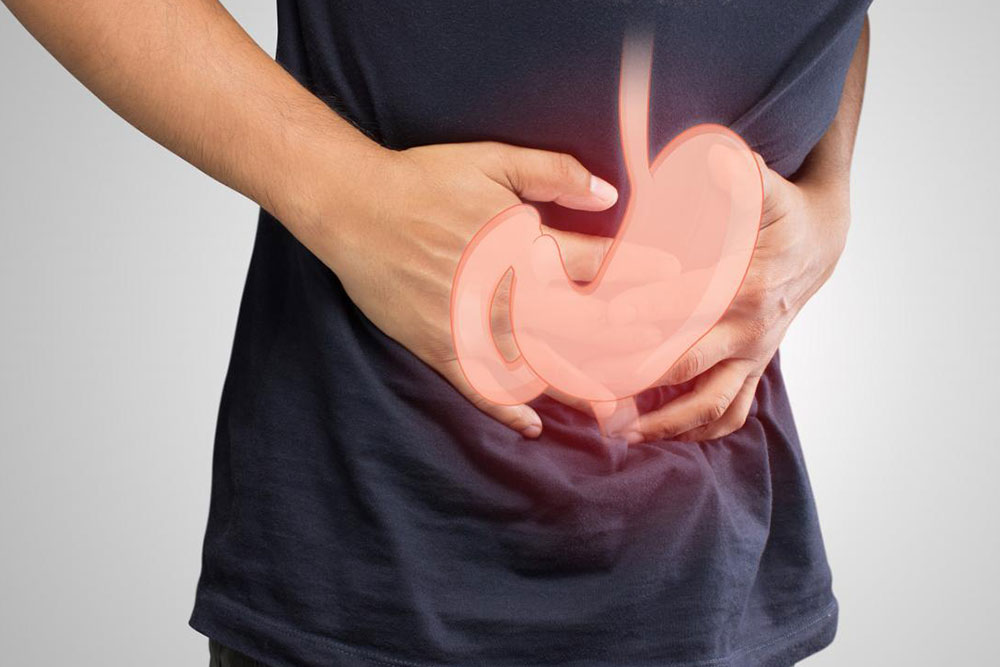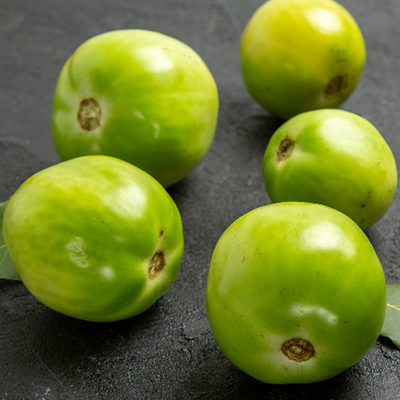Gastroparesis is a medical condition in which the stomach's ability to empty its contents into the small intestine is delayed without any physical blockage. This condition disrupts normal digestion and can lead to various gastrointestinal and systemic symptoms.
Pathophysiology of Gastroparesis
Gastroparesis involves impaired gastric motility due to dysfunction of the stomach muscles or the nerves that control them, particularly the vagus nerve. The key processes include:
1. Impaired Gastric Emptying:
- Weak or uncoordinated contractions of stomach muscles lead to a delay in food movement from the stomach to the small intestine.
2. Autonomic Neuropathy:
- Damage to the vagus nerve or its branches reduces the efficiency of stomach emptying.
3. Disrupted Pacemaker Activity:
- The interstitial cells of Cajal (gastric pacemaker cells) fail to regulate muscle contractions effectively
4. Altered Gastric Reflexes:
- Impaired communication between the stomach and central nervous system leads to abnormal emptying patterns.
Causes of Gastroparesis:
1. Primary Causes:
- Diabetes Mellitus: Chronic high blood sugar damages the vagus nerve.
- Idiopathic Gastroparesis: The exact cause is unknown in some cases.
2. Secondary Causes:
- Neurological Disorders: Parkinson’s disease, multiple sclerosis.
- Surgical Injury: Damage to the vagus nerve during abdominal surgery.
- Infections: Post-viral gastroparesis.
- Medications: Narcotics, anticholinergics, and certain antidepressants.
- Hypothyroidism: Slows down gastrointestinal motility.
Symptoms of Gastroparesis
Digestive Symptoms:
- Nausea and vomiting (often undigested food).
- Early satiety (feeling full quickly).
- Bloating and abdominal discomfort.
- Gastro-esophageal reflux (heartburn).
Nutritional Symptoms:
- Poor appetite and weight loss.
- Malnutrition due to inadequate absorption of nutrients.
Systemic Symptoms:
- Fluctuations in blood sugar levels (especially in diabetics).
Ayurvedic Perspective on Gastroparesis
Gastroparesis can be correlated with Agnimandya (weak digestive fire) and Vata-Kapha Dushti (imbalance) in the gastrointestinal system. It is primarily a Vata Vyadhi (disease caused by Vata imbalance) due to its association with impaired movement (Samana Vata) and a buildup of Ama (toxins).
Ayurvedic Treatment for Gastroparesis
Ayurvedic treatment focuses on correcting Agni (digestive fire), balancing doshas, and eliminating ama from the body.
1. Detoxification (Shodhana):
- Virechana (Purgation): Clears Pitta and Kapha imbalances, improving digestion.
- Basti (Medicated Enema): Pacifies Vata dosha and improves motility.
- Langhana (Fasting): Helps ignite Agni and reduces ama.
- Abhyanga (Oil Massage): Improves circulation and relieves stress.
- Shirodhara: Balances the nervous system and reduces vagus nerve dysfunction.
Dietary Guidelines:
- Avoid heavy, oily, or cold foods.
- Consume warm, light, and easily digestible meals like rice, moong dal, and soups.
- Include spices like ginger, cumin, and fennel to enhance digestion.
Lifestyle Modifications:
- Eat small, frequent meals.
- Avoid lying down immediately after eating.
- Practice stress management techniques like yoga and pranayama.
Herbal Remedies:
- Triphala Churna: Regulates digestion and promotes gastric emptying.
- Hingvastak Churna: Alleviates bloating and balances Vata.
- Chitrakadi Vati: Stimulates Agni and enhances gastric motility.
- Pippali (Long Pepper): Improves appetite and digestion.
Rasayana Therapy (Rejuvenation):
Ashwagandha (Withania somnifera):
Strengthens the nervous system.
Amalaki (Indian Gooseberry):
Enhances digestion and prevents oxidative stress.
Guduchi (Tinospora cordifolia):
Detoxifies and strengthens immunity.






